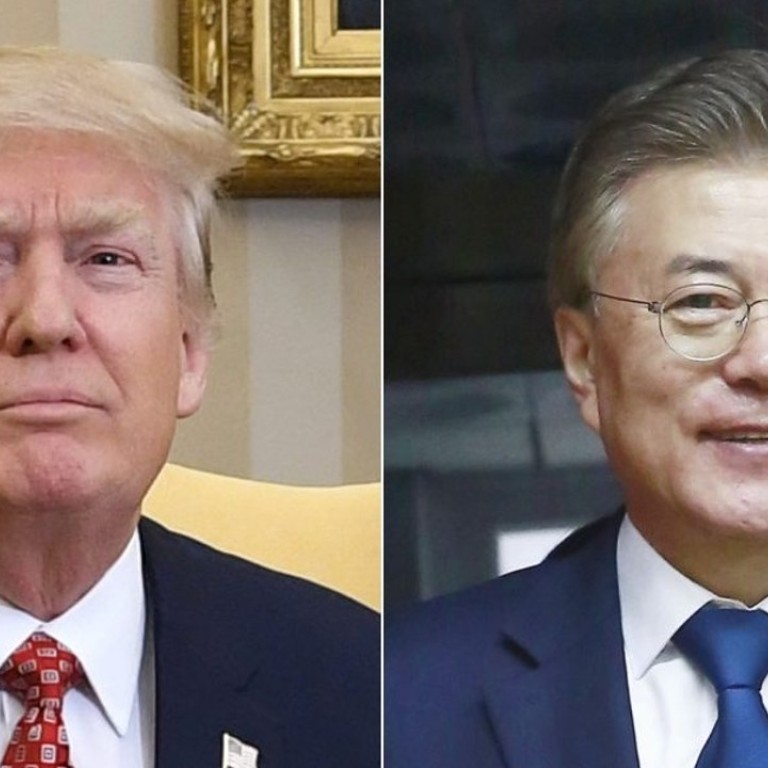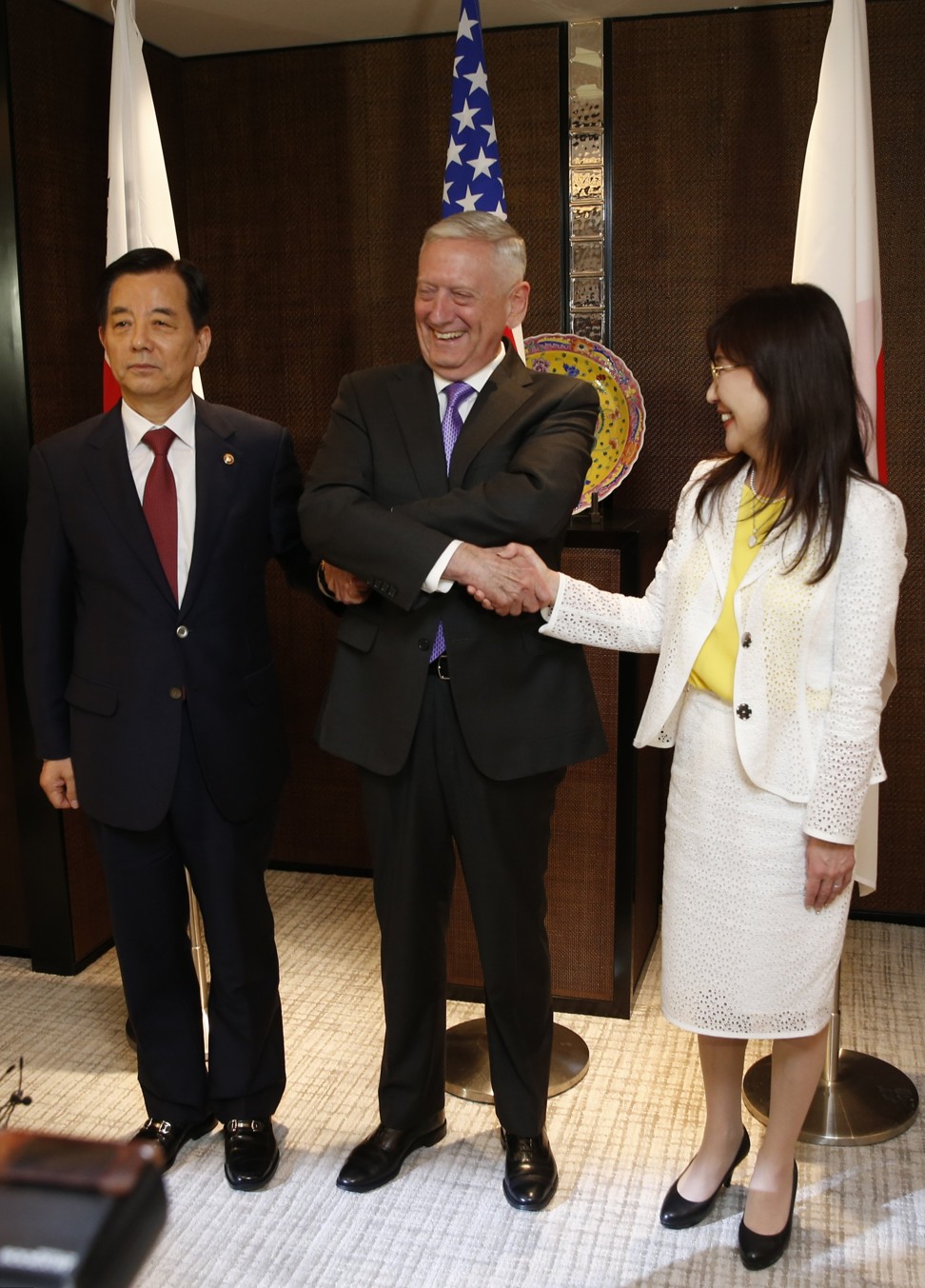
How North Korea’s nuclear weapons are testing Seoul’s special ties with the US
Donald Kirk says debate on East Asian geopolitics at the Jeju peace forum highlights the difficulties in resolving the North Korean nuclear issue, given the complex equations with the US among regional players
The annual Forum for Peace and Prosperity, on the South Korean island province of Jeju, left the distinct impression that the North Korean nuclear issue is further than ever from resolution.
Americans and Koreans alike questioned how long their special relationship can endure, despite claims by US Defence Secretary Jim Mattis and Secretary of State Rex Tillerson during visits to Seoul that the two nations are “in lockstep”.

China’s missile tests in Bohai ‘aimed at THAAD’
From North Korea to THAAD: What Moon Jae-in’s victory means for Seoul
North Korean missile tests have so far sparked only censure and porous sanctions, but the threat of a long-range intercontinental ballistic missile capable of carrying a nuclear warhead to the US is deeply disturbing.
Seeing the Chinese unable to restrain Kim, might Trump decide now is the time to act?
This question is sure to test not only the historic South Korea-US alliance but an array of values and ties on multiple levels that bind the two countries. Korean democracy, far from perfect, still comes much closer to the democratic ideal than almost any other nation for which Americans have fought and died since the second world war.
Time for Asian-style diplomacy, not the US, to take the lead on North Korea
Back in Jeju, the danger of reversion to historic colonialism and imperialism permeated the atmosphere. Haruki Wada of Tokyo University perceived “the legacies of colonialism” as a vital problem but offered no solutions other than “apology and persuasion” to redress the wrongs of Japanese colonial rule over much of Asia, and of the exploitation of “comfort women” for Japanese soldiers.
That ominous glimpse of the past was overshadowed by reminders of the US, aided and abetted by Japan, confronting China in a reversion to the bad old days – even as the North Korean leader brandishes the threat of nuclear war.
Donald Kirk is the author of three books and numerous articles on Korea

